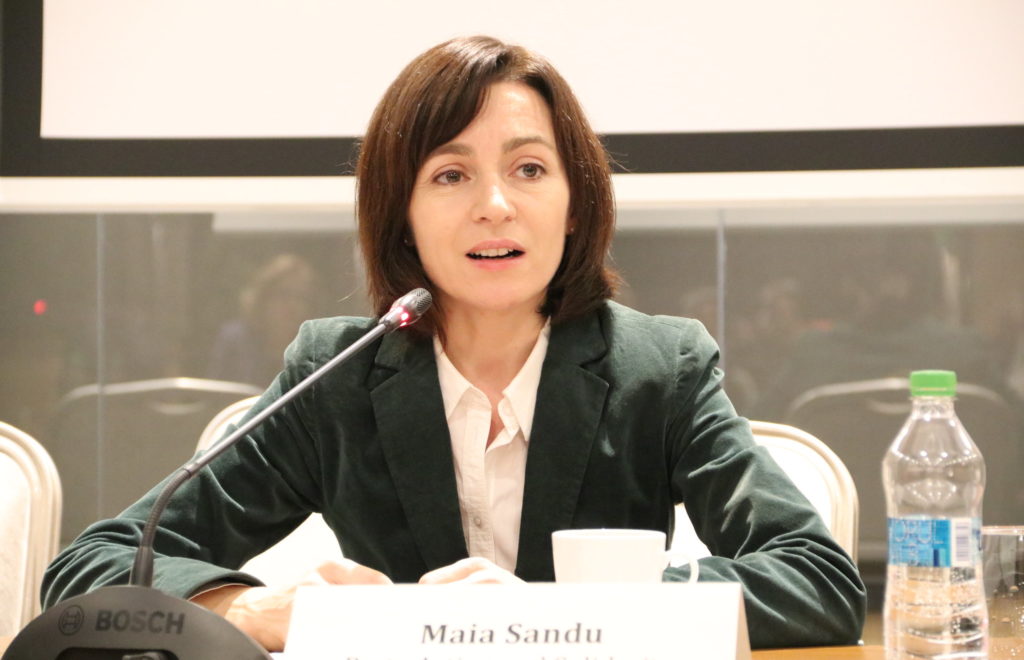Moldova. A captured state that remains captured
The Republic of Moldova has had its fair share of turmoil over the last several years. After a few years of positive developments on the path towards European integration, the trend reversed in 2014 when three of the country’s biggest banks had been robbed of about one billion dollars, or about one-eighth of the country’s GDP. In a matter of just one month, both the public outrage and the fall of the local currency that followed wiped out the five years of effort that culminated with the association of the Republic of Moldova with the European Union, the signing of the Deep and Comprehensive Free Trade Agreement with the EU and the adoption of a visa-free regime for travel to the EU. Moldova’s political life has stood under the sign of the events of 2014 ever since.
April 6, 2020 - Dan Nicu


































